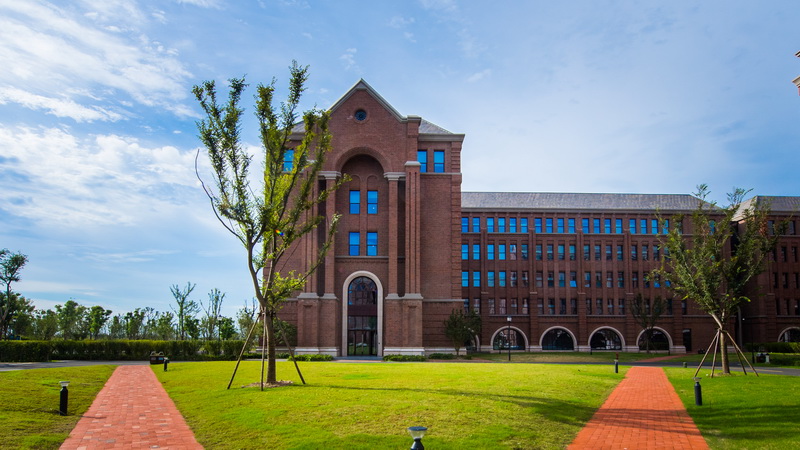On November 2, Chairman of Nobel Committee for Chemistry, Professor Sven Lidin delivered a lecture named “The History and Future of the Nobel Prize” in Residential College, International Campus. Many of the staff and students gathered to hear his wonderful presentation.
During the speech, Prof. Lidin not only demonstrated the origin of the Nobel Prize and its tortuous history, but also introduced the procedures of prize evaluation. The whole process, which involves many experts and documents is highly confidential. Neither prejudices about regions and politics nor personal interests are considered during the evaluation period. More importantly, many research findings have to withstand the test of time—approximately 25 years or even longer—before they’re awarded the Nobel Prize. Thus, those who become the great pioneers in discovery are always the one who intrepid to persist, explore and take risks. What’s more, Prof. Lidin introduced the distribution of Nobel Prize in Chemistry and its trend vividly through the map and the directories. The distribution tended to globalize while it once clustered in European countries. Also, as the time flows, Nobel Committees are encouraging achievements that use integrated knowledge of different subjects and are motivating scientists to explore for inspirations. However, the future is not foreseeable; no one can predict exactly who will win the Nobel Prize in 2017. Only time will tell. And let’s wait for it together.
In the Q&A section, Prof. Lidin added more details concerning the standards of evaluating discoveries made by scientists. He pointed out that an outstanding scientific discovery must possess well back-up theories. Also, Prof. Lidin shared his own experience of being the chairman and member of Nobel Committee for Chemistry: he attached great importance to teamwork which allowed every member in the Committee to communicate as much as possible. Meanwhile, everyone ought to be humble enough to form an honest view on different scientific results. When asked about the perspective of chemistry development in China, he claimed that it relied on the hard work of several generations and also emphasized teaching played a vital role in it—education is the future of science. Since inspirations might show up all of a sudden when solving students’ confusion, professors should keep on teaching young generations while devoting themselves to researches. Furthermore, Prof. Lidin explained why ZJUI students needed to learn General Chemistry though their majors seemed to be not related to it that much.There is an ever-increasingly closer relationship between various subjects, which means fundamental knowledge of diverse disciplines will become much more necessary in all kinds of fields.
Students from International Campus of ZJU learned a lot about the history and future of the Nobel Prize. Furthermore, they were deeply motivated and enlightened by the thoughts and wisdom expressed in this lecture.







Writen by Dustin and Olivia / Photo by Zachary





